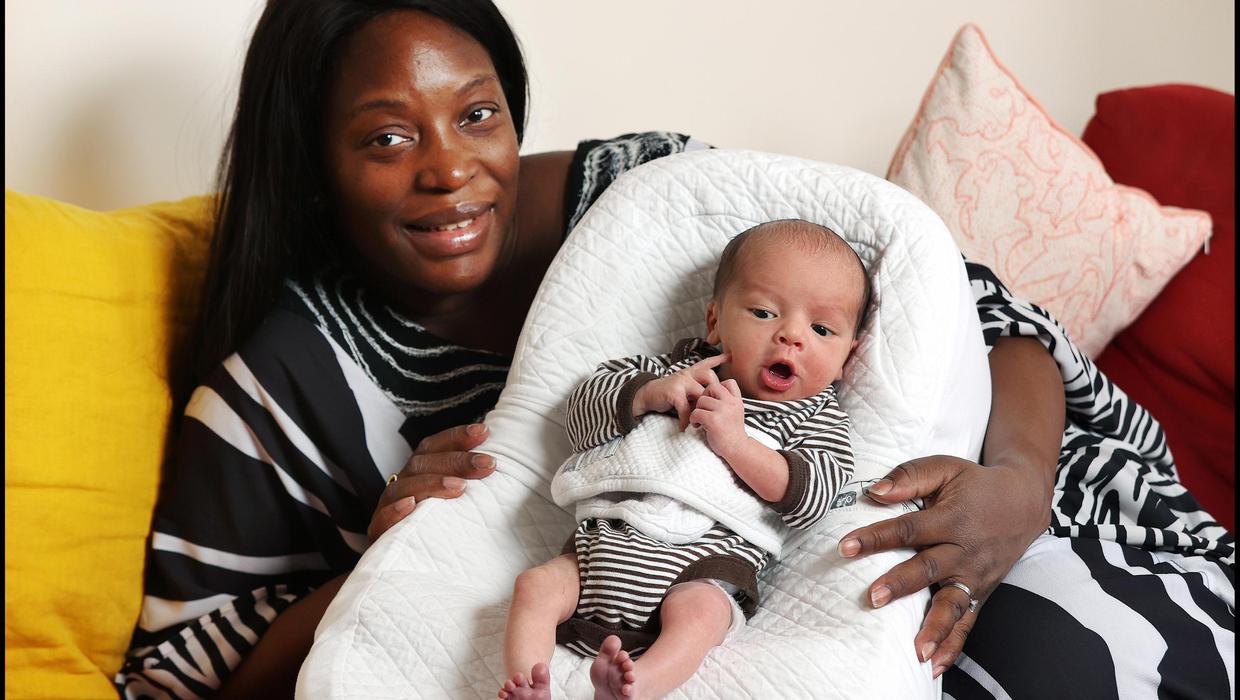In the contemporary world, having a child after 35 is more common. According to a study of the CDC, the number of females having babies in their 40s and 50s has increased a lot from the one in the mid 1980s to 2012.
Usually, we are familiar with the tick-tock of the biological clock. And scientific studies also state that age makes a huge difference in terms of natural pregnancy. However, with the medical advancements and emergence of reproductive technologies, you can wait for the happening of natural conception until you cross your reproductive age limit or opt for conceiving a baby in your 40s or even in early 50s.
You would have a lot of questions if you are thinking of having a baby at 50 or expecting to have a baby in your 50s. Consulting experts at an IVF centre in Bangalore or your locality can help you get your queries answered. However, you can try to have the following information for self-education purpose:
Benefits of having a child later in life
Traditionally, couples have children in their 20s or early 30s. Some of you find having a baby in later life beneficial for you or adding one more child. Before establishing or expanding your family, you might want to travel, get settled in a career, advance your career, or have your own identity.
Some of you find your partner and decide together to have a child in a later part of your life. And some of you might not want to become parents of a baby in your younger age. When you are in your 40s or 50s, you are perhaps financially established and you have more flexibility and life experiences to take care of your child.
Risks of having a baby after 35 or in 50s
Having a child later is beneficial in some aspects. However, it can be more difficult to conceive as you think. If you conceive, your pregnancy will automatically be at a higher risk. Here are some risks that you might have if you consider to conceive in your 50s:
- Gestational diabetes
- Miscarriage
- Preeclampsia
- Ectopic pregnancy
- Stillbirth
- Increased risk of caesarean delivery
Apart from the above, you may have lifestyle changes, upcoming retirement, and allied issues. If you have a conception later, your child could have a higher risk of:
- Birth defects
- Low birth weight
- Learning disabilities
- Chromosomal issues like Down Syndrome
How to conceive at or after 50
As per biology, you (women) are born with 1 to 2 million eggs. After hitting the puberty age and having the beginning of menstruation, you release a mature egg in every menstrual cycle. Your egg count goes down each month and it is almost 0 as you hit menopause. According to a 2008 study of the American College of Obstetricians and Gynaecologists, you have only 1000 eggs in your ovaries when you hit 50. Apart from poor egg count, egg quality also goes down with age.
If you want to get pregnant at or after 50, you should visit a fertility or IVF doctor. The doctor can suggest a few tests or pre-pregnancy checkup to you. After that, the expert can advise you to take fertility drugs to perform IVF, ICSI, or IUI treatment. By following your doctor’s instructions, you can conceive.
Your pregnancy at 50
With age, you have many changes inside and outside of your body. And due to that, carrying a human being for around 9 months can be more challenging for you in comparison with females of 25-30 years. You can experience pregnancy symptoms if you have implantation. And your pregnancy symptoms could be:
- Muscle aches
- Fatigue
- Joint pain
- Swollen feet and legs
- Depression and irritability
Labour and delivery
Your pregnancy at or after 50 is quietly different from the one of a 25-30 year old woman. You need to be ready for extra risks, especially related to labour pain and delivery. There is an increased chance of having caesarean delivery. It is due to your age, previous fertility treatments, placenta previa, and premature birth.
Conclusion
Even having a pregnancy is not easy, you have options to conceive a child through medical intervention at or after 50 if you haven’t hit menopause. Before you start trying to conceive, you should talk to a highly experienced respective doctor about your general as well as reproductive health. You should move ahead in it when your doctor accepts taking care of you and minimising common complications during pregnancy.
